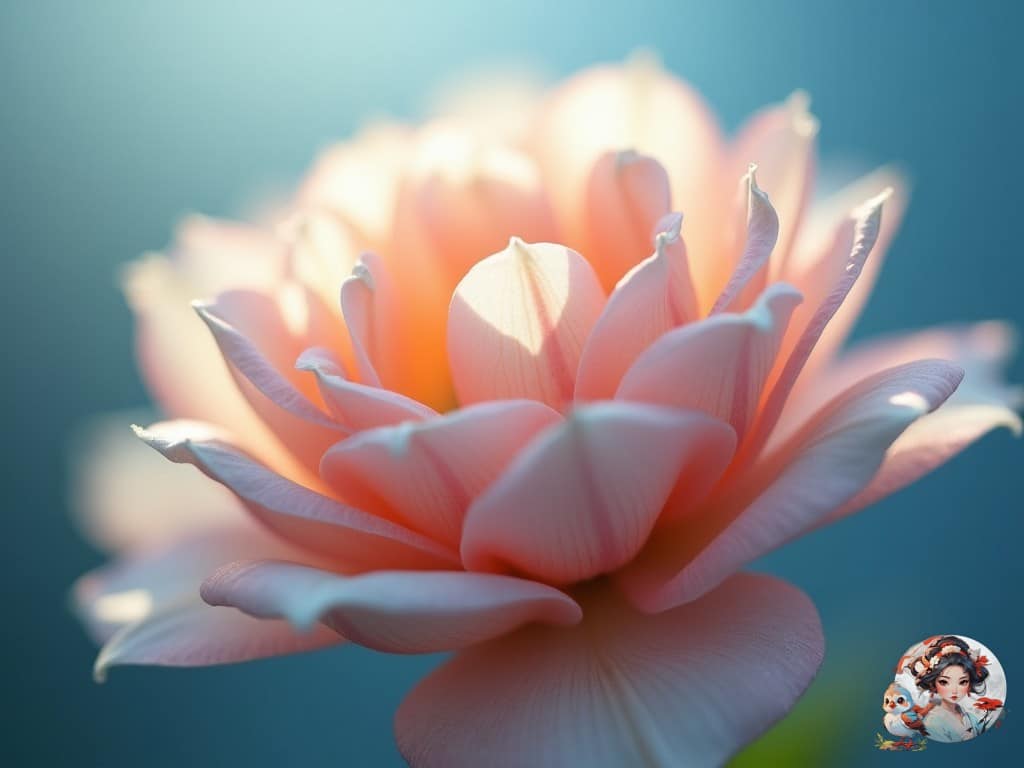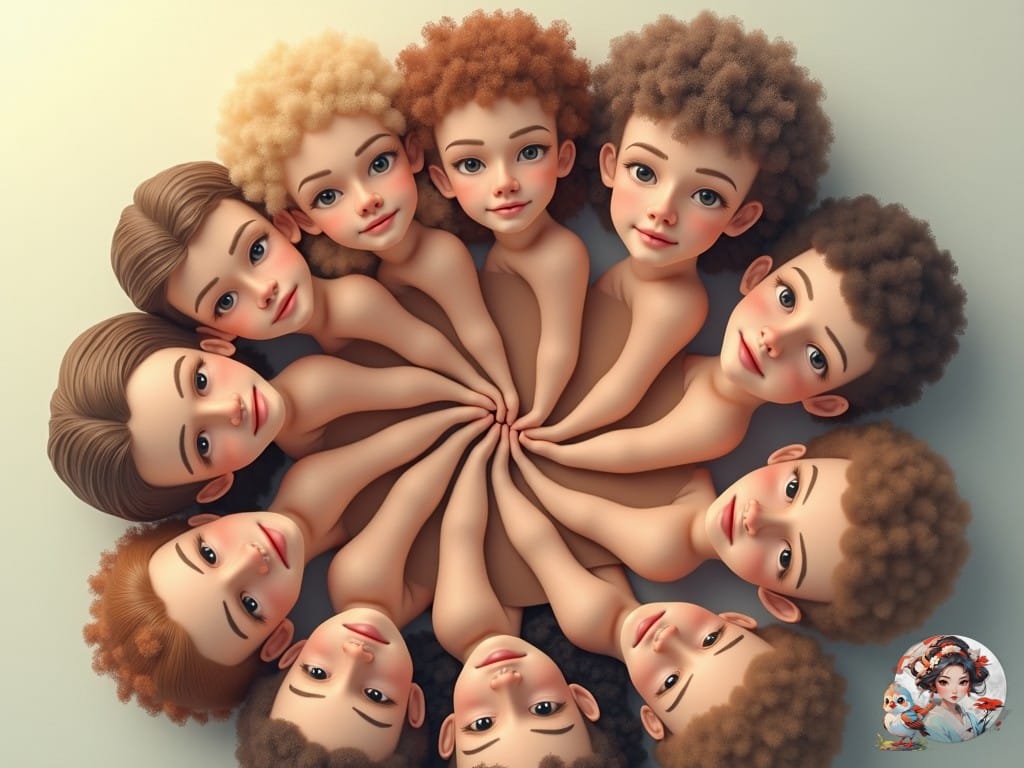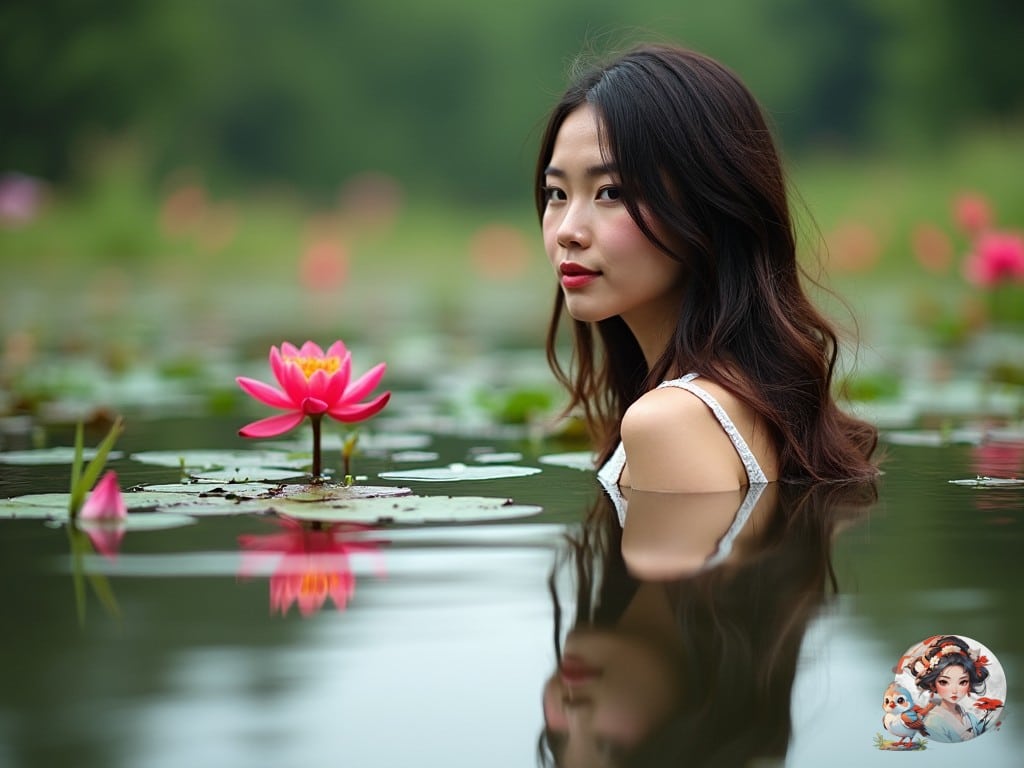The concept of beauty has been shrouded in complexity by social standards and cultural norms. However, traditional beauty rituals, such as the Japanese use of uguisu no fun, reveal a simplicity at the heart of elegance. This use of natural elements raises questions about the nature of beauty and invites a re-evaluation of its definitions, potentially revealing a more nuanced understanding.
Table of Contents
Toggle
In traditional Japanese culture, the pursuit of beauty is a delicate balance between nature and refinement. As someone who has mastered the art of uguisu no fun, or nightingale droppings, I’ve come to appreciate the intricacies of beauty. This unique facial treatment, prized for its ability to brighten and soften the skin, has been a cornerstone of Japanese beauty for centuries.
The world of beauty is complex, with shifting standards that vary across cultures and time. Philosophers and scientists have long pondered its meaning, but no consensus has been reached. Cultural influences play a significant role in shaping our perceptions of beauty, resulting in diverse and sometimes conflicting standards.
Recent research in neuroscience suggests that beauty may be an intense form of pleasure rather than a distinct experience. This perspective echoes the views of ancient philosophers such as Plato, who saw beauty as a multifaceted yet accessible concept. By embracing this simplicity, we can move beyond rigid standards and cultivate a more liberated appreciation of beauty.
In my experience, the pursuit of beauty is not about adhering to strict standards, but about embracing simplicity and natural elegance. Uguisu no fun, for example, is a treatment that harnesses the power of nature to reveal radiant, healthy skin. By embracing this approach, we can redefine our understanding of beauty and find a more authentic, liberated way of being.
Beauty, in its many forms, is a reflection of our connection to nature and to ourselves. As we continue to explore its mysteries, we may find that the simplest, most natural approaches are the most profound.

The way we perceive beauty is closely linked to certain visual features, such as symmetry and roundness. Research in empirical aesthetics, a field that studies how individuals experience beauty and art, supports this idea. In traditional Japanese culture, we see this reflected in the emphasis on balance and harmony in various art forms.
Studies have shown that our brains respond positively to symmetrical and rounded shapes. Neuroscience suggests that this is because the orbitofrontal cortex, a region associated with pleasure, is more active when we experience beauty. This link between beauty and pleasure is a fundamental aspect of human experience.
In uguisu no fun, a traditional Japanese beauty treatment in which nightingale droppings are applied to the skin, we see the importance of natural balance and harmony. The treatment is designed to gently exfoliate and nourish the skin, promoting a smooth and even complexion. While some asymmetrical features may be considered beautiful, the underlying principles of neuroscience aesthetics remain the same.

Beauty’s influence on human behaviour is profound, shaping our daily choices and decisions with significant economic implications. In Japan, we have a long history of understanding the importance of aesthetics in everyday life. For example, the packaging of a product can greatly influence its appeal to consumers. Research has shown that visually appealing products tend to gain an edge over their less attractive counterparts.
In the context of uguisu no fun, or nightingale droppings, we find a unique example of how perceptions of beauty drive consumer behaviour. This traditional Japanese beauty treatment has been valued for centuries for its ability to lighten and smooth the skin. The high value placed on uguisu no fun is not only due to its rarity, but also to its perceived aesthetic benefits. This highlights the complex relationship between beauty and consumer behaviour, where cognitive biases and emotional influences play a significant role.
Understanding the power of beauty in shaping human behaviour can help us make more informed decisions. By recognising the influence of aesthetics on our choices, we can break free from the constraints of societal beauty standards and cultivate our own sense of beauty. In Japan, we have a concept called “yūgen”, or the deep and mysterious sense of beauty in the world. By embracing this concept, we can develop a deeper appreciation for the beauty that surrounds us and make choices that reflect our own unique aesthetic values.